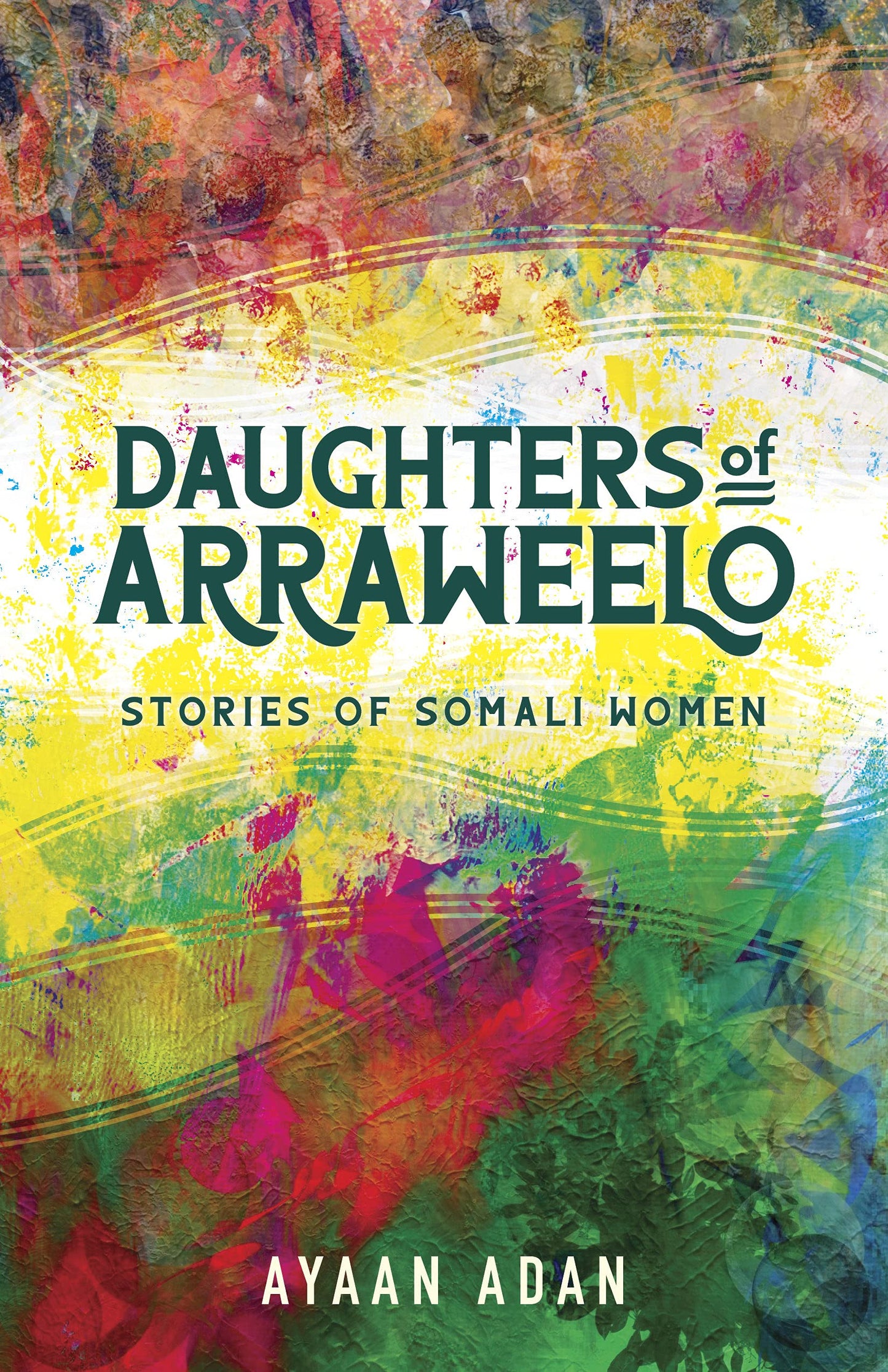Daughters of Arraweelo
Daughters of Arraweelo
Somali women tell their stories, sharing experiences of love, war, displacement, family, identity, and everyday life.
After civil war broke out in Somalia in 1991, thousands of families fled the country and sought asylum all over the world. Many Somali women carried the responsibility through this catastrophic time for finding safe passage and new homes for their families. Minnesota now holds the largest number of Somali immigrants of any state. Despite many obstacles, Somali women have built new communities here and become business owners, authors, scholars, activists, and change makers. Unfortunately, the rich stories of Somali women are often reduced to clichés of devastation and trauma--or tokenization and exceptionalism. Rarely are these women depicted with the multi-layered humanity they deserve.
Daughters of Arraweelo presents, in the women's own words, the stories of fourteen mothers and daughters, teachers and social workers, scientists and medical professionals, lawyers and politicians--all Somali women who have made their marks on Minnesota.
Arraweelo, a legendary queen of Somalia, was a powerful eccentric ruler, and her name is also used as a disapproving tease for assertive Somali girls. In reclaiming the insult, this book celebrates the complicated stories and the brilliance of Somali women.
“Somalis have always been a nomadic people. . .. We are a people who will find a way and adapt to any circumstance. We can go anywhere, and we will bring our full selves along.” —Shamis Ibrahim (pseudonym), 40s “I love my siblings so much. I remember bringing them home from the hospital and changing all their diapers. As their older sister, I tried to protect them from what I went through.”
Fartun Mohamed (pseudonym), 20s
“The biggest challenge I faced in school was the lowered expectations of my teachers and administrators. Because I was an immigrant kid, they expected me to fail. If I did even remotely well, I would get so much credit at school because they expected the bare minimum. But at home, my dad wouldn’t accept anything but excellence.”
Amran Farah, 30s
“We made a living for ourselves, but then we had to flee. I lost all my livestock. The irony was that we had fled to Mogadishu for safety, and we now had to leave Mogadishu for safety. We were refugees once again.”
Shukriya Abdirahman (pseudonym), 80s
- Author: Ayaan Adan
- Publisher: Minnesota Historical Society Press
- Publication Dates: January 18, 2022
- Language: English
- ISBN-13: 978-1681341828
- Paperback: 236 pages
Share


